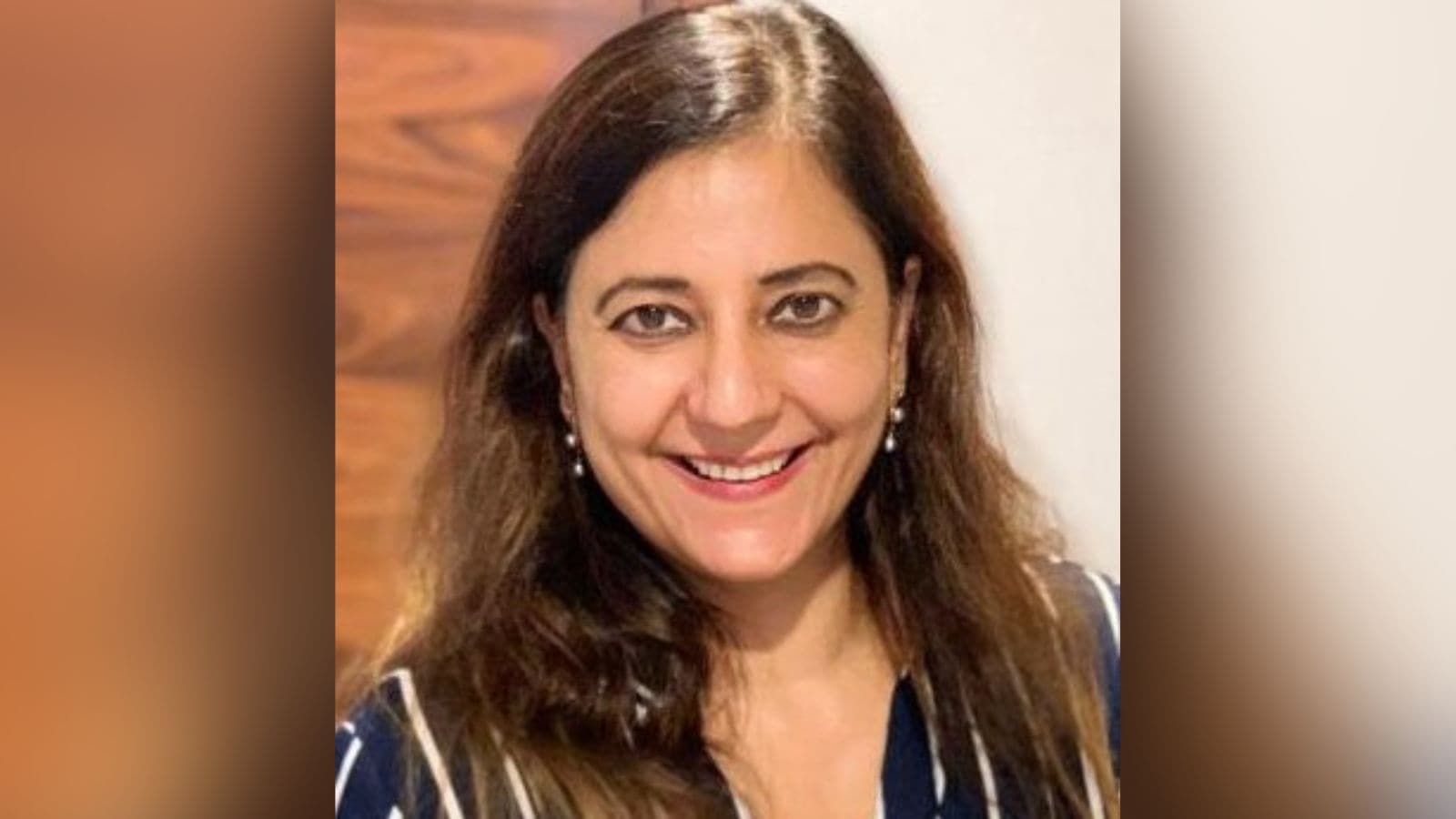From Delhi weekends to Mohali mornings. Before entrepreneurship, life for Prerna Kalra was split between cities. She worked in Delhi; her husband Rahul stayed in Chandigarh. For over three years, they lived a “weekend marriage”. When their son was born, she continued in Delhi, returning only on weekends.
“It was a very tough time, leaving my kid here,” she says. “But it wouldn’t have been possible without Rahul and my in-laws. You never grow alone.”
Eventually, she moved back, joining Quark—one of the region’s first product-based IT companies. “I was in the core team,” she recalls. “It was a big shift from the public to the private sector. I had to work double so no one would say I couldn’t manage.”
Story continues below this ad
Her work took her across India—from Delhi to Chennai, Guwahati to Bangalore. “I used to just change my suitcase and leave again,” she says. She later joined IBM, then Edifecs, the health information technology company where she reported directly to its founder, Sunny Singh. “An amazing person,” she says, “who ran the company like a family.”
Starting something of her own
After years in corporate leadership and IT consulting, the idea of starting up took shape. “I was contributing so much to others’ companies—I felt I should build something of my own,” she says. That conviction strengthened when she met her eventual co-founder, Manav Singal.
What followed was Road Athena—an AI and GIS-powered platform offering insights into road conditions, identifying potholes and cracks, forecasting asset lifespans, and streamlining maintenance.
“Our country has the second-largest road network in the world, and it’s not humanly possible to maintain it manually anymore,” she says. “Technology here isn’t just important—it’s inevitable.”
Story continues below this ad
No civil engineering background
None of the three co-founders come from civil engineering. “That’s why we could think differently,” she says.
While Prerna provided vision, Manav led research, and Rahul—her husband—brought operations expertise. A practising dentist with seven city clinics, Rahul was initially a silent funder but became increasingly involved and eventually joined full-time.
Their complementary skills became one of the startup’s biggest strengths.
Recognition at home and abroad
In a short time, HanuAI has won the Nasscom Deep Tech Award, ESC Ubharte Sitare Award, and was invited by the World Bank to showcase its work in Washington D.C. It’s also been featured in Silicon Valley and listed among India’s most promising startups by Forbes.
Story continues below this ad
Today, HanuAI works with two international and three major Indian clients. “We’ve already hit our annual targets in the first quarter,” she says. “We don’t really have a day or night—we live our work.”
Mohali as a strategic choice
Despite bigger markets elsewhere, the founders chose Mohali. “Quality of life here is high,” she says. “You can build from anywhere now. And coming back to Chandigarh always feels like coming home.”
Still, local hiring remains a challenge. “Startups can’t match the high packages colleges expect for freshers,” she says. “We need people with a startup mindset—resilient and eager to learn.”
Building with values and vision
At the heart of HanuAI’s work is ethical AI. “It’s about what data you feed and who builds the model,” she explains. “We design solutions that deliver value from top decision-makers to workers on the ground.”
Story continues below this ad
Despite the intense schedule, the team makes time to unwind. “We play badminton when we can—it’s therapeutic,” she says. “I used to be a national-level springboard diver. No one knows that.”
Looking ahead
With rapid national and global expansion, HanuAI is poised for more. But the founders stay grounded. “We believe our company is run by divine force. That’s why we named it HanuAI,” she says. “Whatever happens, we trust it’s for the best.”

